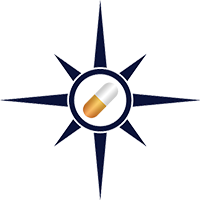



API Suppliers

US DMFs Filed
0

CEP/COS Certifications
0

JDMFs Filed
0
Other Certificates
0
Other Suppliers
0
0

USA (Orange Book)

Europe

Canada

Australia

South Africa
0
Uploaded Dossiers
0
U.S. Medicaid
Annual Reports
Impressions: 54757
https://www.pharmacompass.com/radio-compass-blog/top-drugs-and-pharmaceutical-companies-of-2019-by-revenues
Impressions: 1824
https://www.pharmacompass.com/radio-compass-blog/mylan-board-survives-shareholder-meet-evaluate-lowers-drug-sales-growth-forecast
Impressions: 2177
https://www.pharmacompass.com/radio-compass-blog/india-cracks-the-whip-on-quality-and-compliance-eli-lilly-loses-patent-infringement-case-in-china


